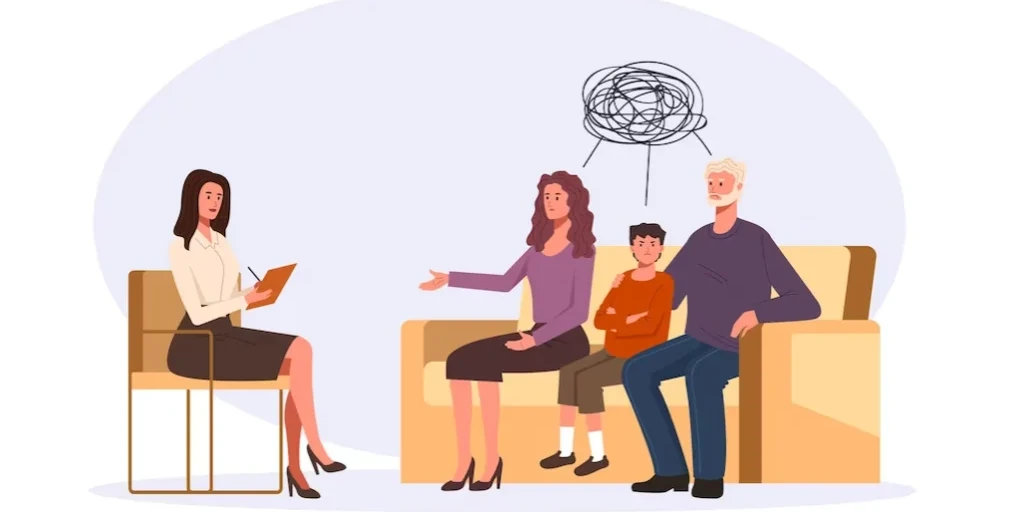24/7 Helpline:
(866) 899-111424/7 Helpline:
(866) 899-1114
Other Insurance Options

Group Health Incorporated

State Farm

Health Partners

Health Net

Choice Care Network

Access to Recovery (ATR) Voucher

WellCare Health Plans

Cigna

Excellus

Highmark

Meritain

Providence

Sliding scale payment assistance

Kaiser Permanente

Anthem

CareSource

Lucent

BlueShield

UnitedHealth Group

Absolute Total Care


Center for Human Development
Center for Human Development is a private rehab located in La Grande, Oregon. Center for Human Devel...

Jonathan M. Wainwright Memorial VA Medical Center – La Grande VA Community Based Outpatient Clinic
Jonathan M. Wainwright Memorial VA Medical Center - La Grande VA Community Based Outpatient Clinic p...















































































Heart Steps Counseling Services
Heart Steps Counseling Services is a private rehab located in La Grande, Oregon. Heart Steps Counsel...

Grande Ronde Recovery
Grande Ronde Recovery is a private rehab located in La Grande, Oregon. Grande Ronde Recovery special...


















